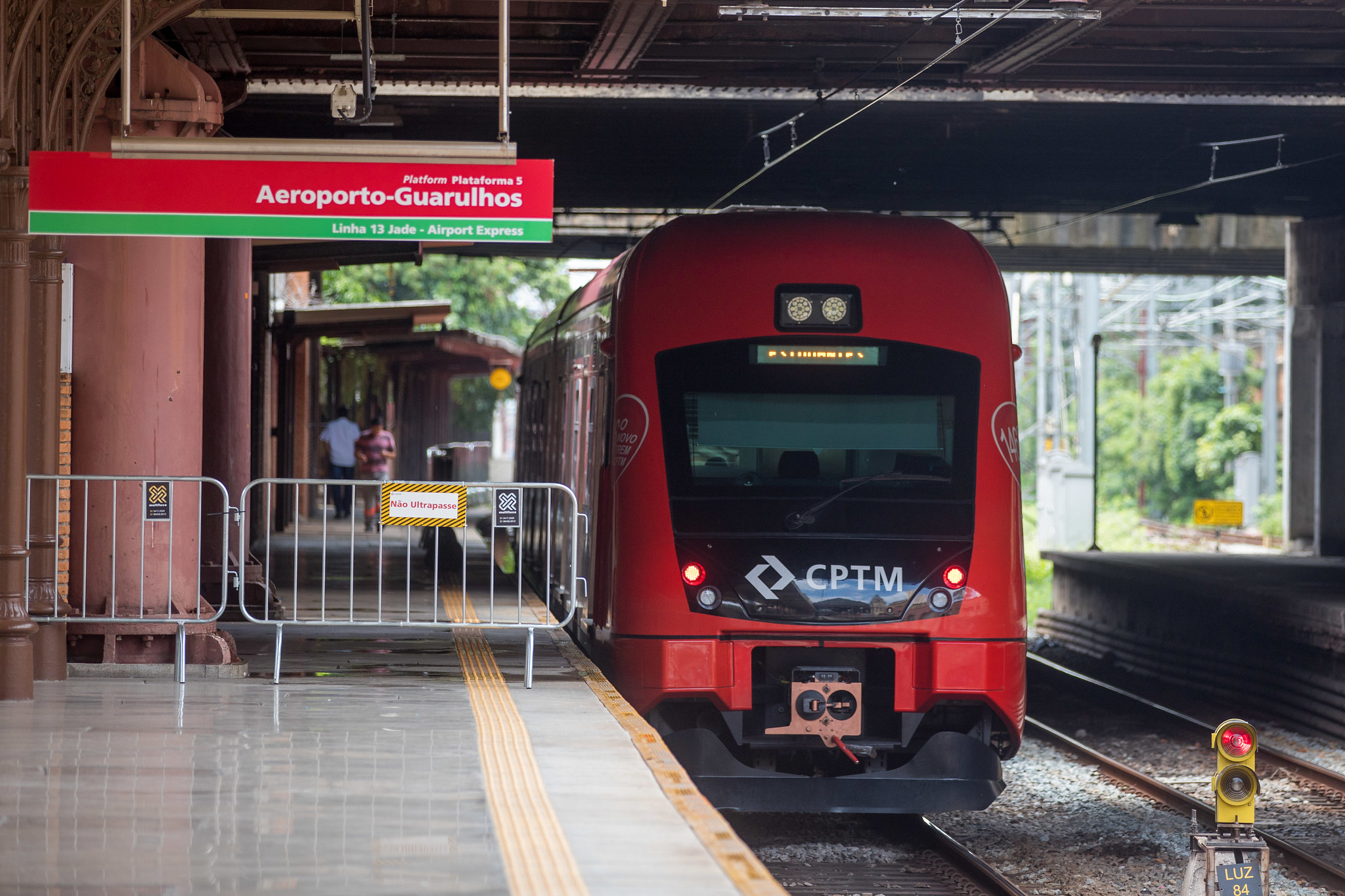Case studies
Publication Date
13 October 2021
Published
13 Oct 2021
Demand risk sharing and dynamic fee in road concession
Context
- Coastline traffic in the State of São Paulo has overwhelmed road capacity, resulting in increased travel times for long-distance and local traffic.
- Brazil is especially reliant on its highway network for transportation of cargo, as highways account for 90% of tonne-miles, compared to 28.6% in the US.
- Three highway concessions were made under a DBFOM contract. They cover 240 km and service South America’s largest port, the Port of Santos.
Problem
- Local traffic had no option but to use long-distance roads and pay the due fee.
- There was an urgent need to improve road safety and reduce congestion.
- Brazil has the fourth most dangerous road network in the world, with road injuries costing the public health service USD725 million in 2018.
Innovation
- The road concession introduced a dynamic fee to incentivise highway use in more idle periods of the day, including a demand risk sharing mechanism that provided compensations for traffic volume variations greater than 12% from forecasts.
- If demand is below 88% of the forecasted volume, the concessionaire is compensated for the unrealised revenue below that level.
- If demand exceeds 112% of the forecast, the granting authority is compensated with the unpredicted revenue.
- iRAP methodology was introduced to improve road safety.
Stakeholders involved
- State Government of São Paulo – sets transportation policy and has overseen privatisation of more than 65% of the state highway network
- ARTESP – Transport Agency of the State of Sao Paulo
Timeline

Results/impact
- Innovations were well received by interested companies during rounds of market sounding.
- Demand risk sharing gives greater comfort for operators and financiers, and helped to raise awareness and interest of new companies to participate in the auction.
- New lanes for local traffic are expected to reduce congestion and lower travel times
- iRAP has been significantly improving road management in the state and is expected to enhance road safety on the coastline. The State of Sao Paulo’s highways have received superior quality reviews by the National Transport Confederation, with 54.7% rated “great”, whereas only 34.2% of roads in Brazil as a whole were rated “satisfactory”.
Key lessons learnt
- Demand risk sharing, regularly featured in other sectors like rail and urban transport, can also be implemented in road concessions, increasing attractivenes for financiers and operators.
- A dynamic fee model, setting a baseline and a limit, and giving the operator freedom to operate within the given range can result in better and more efficient distribuition of demand.
- Continuous dialogue with financiers, operators, investors, and other interested firms have helped to deliver projects that better serve public and private interests while attracting private participation.
Attachments & Related Links





